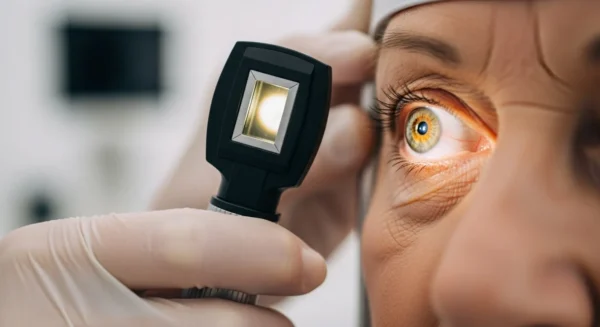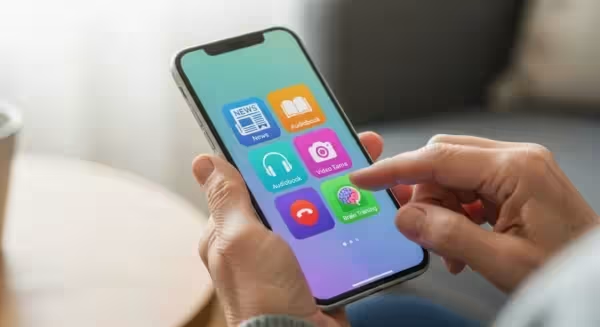
Frequently Asked Questions
1. How much water should a senior really drink every day?
While the old “eight glasses a day” rule is a decent starting point, there is no single answer that fits everyone. A senior’s ideal fluid intake depends on many factors, including their body weight, activity level, climate, and overall health. Medications like diuretics (water pills) can also increase fluid needs. The best approach is always to consult your doctor. They can review your health history and provide a personalized daily target that is both safe and beneficial for you.
2. Do beverages like coffee, tea, and soda count towards my daily hydration goal?
Yes, they do, but with some caveats. Caffeinated beverages like coffee and tea have a mild diuretic effect, meaning they can cause you to urinate more. However, research shows that the amount of water in these drinks more than makes up for the fluid lost, so they do contribute to your net hydration. The main concern with soda and other sugary drinks is their high sugar and calorie content, which can be detrimental to senior health. Water, milk, and unsweetened herbal tea remain the best choices.
3. Can my prescription medications affect my hydration levels?
Absolutely. This is a very important consideration for older adults, who are more likely to be taking multiple medications. Diuretics, often prescribed for high blood pressure or heart failure, are designed to remove excess fluid from the body and can easily lead to dehydration if you don’t drink enough to compensate. Other medications, such as some laxatives or antihistamines, can also contribute to fluid loss. It is essential to discuss all your medications with your doctor or pharmacist to understand how they might impact your hydration needs.
4. Is treatment for severe dehydration covered by Medicare?
Yes. If dehydration becomes severe enough to require medical intervention, it is considered a medical condition. In such cases, Medicare would typically provide coverage. For example, if you are admitted to a hospital for treatment, which may include intravenous (IV) fluids, Medicare Part A (Hospital Insurance) would cover the inpatient stay. If you are treated in an emergency room or a doctor’s office, Medicare Part B (Medical Insurance) would cover the services. For specific questions about your plan and coverage, it’s always best to consult official resources. For insurance and medical coverage questions, refer to Medicare.gov.
5. Besides drinking more, what are some of the most hydrating foods I can eat?
Eating your water is a fantastic strategy for preventing dehydration. Many fruits and vegetables are over 90% water by weight. Some of the top hydrating foods include watermelon, cantaloupe, strawberries, cucumbers, celery, lettuce (especially iceberg), zucchini, and bell peppers. Soups, broths, smoothies, and yogurt are also excellent, fluid-rich options that can help you meet your daily goals while providing valuable nutrients.















